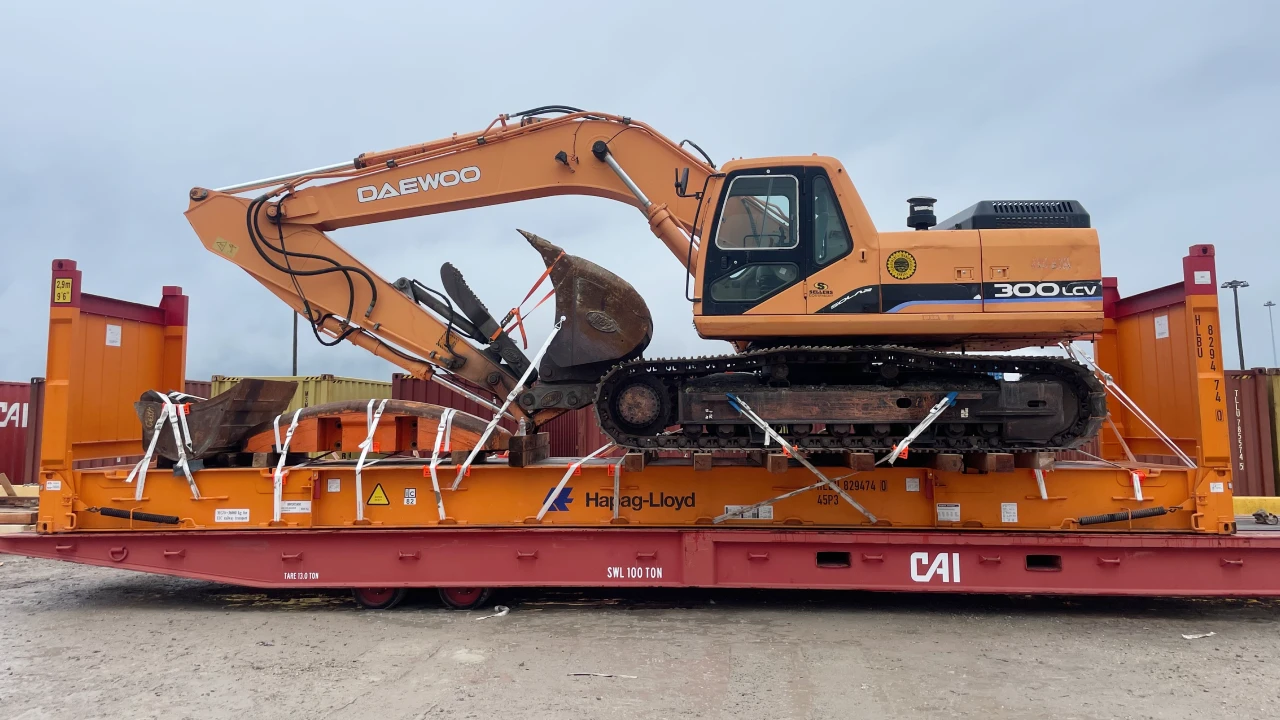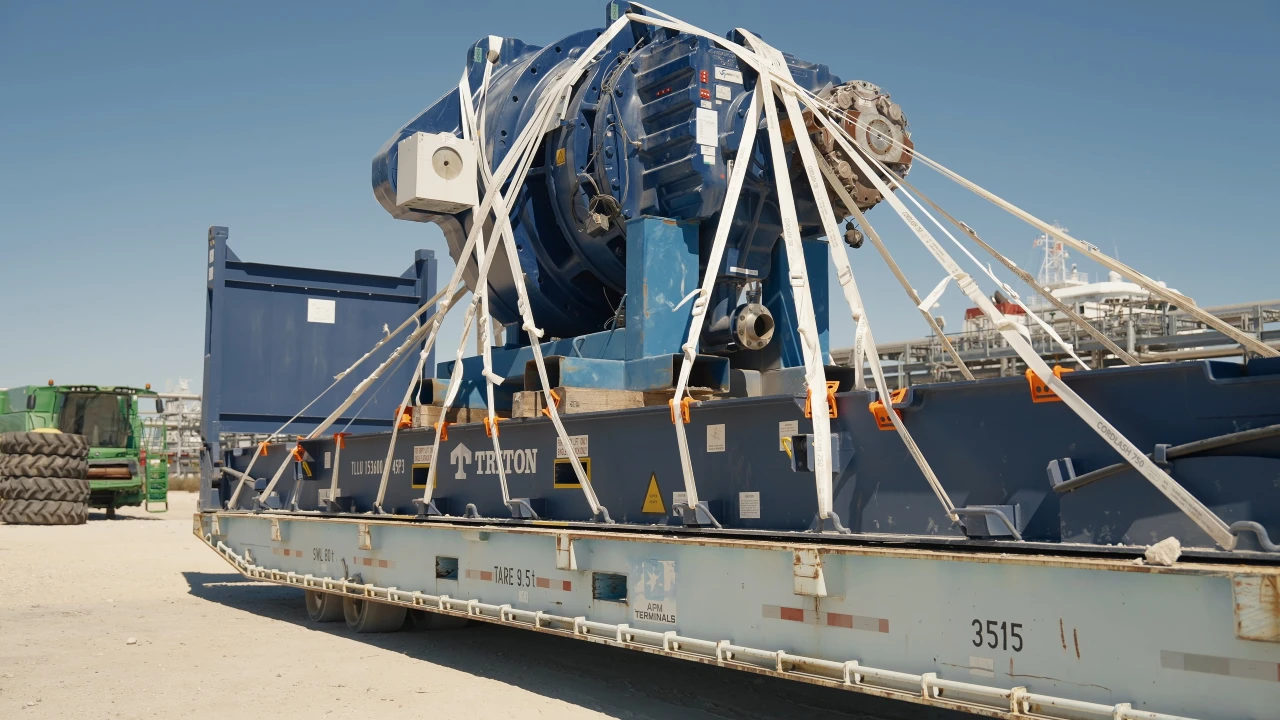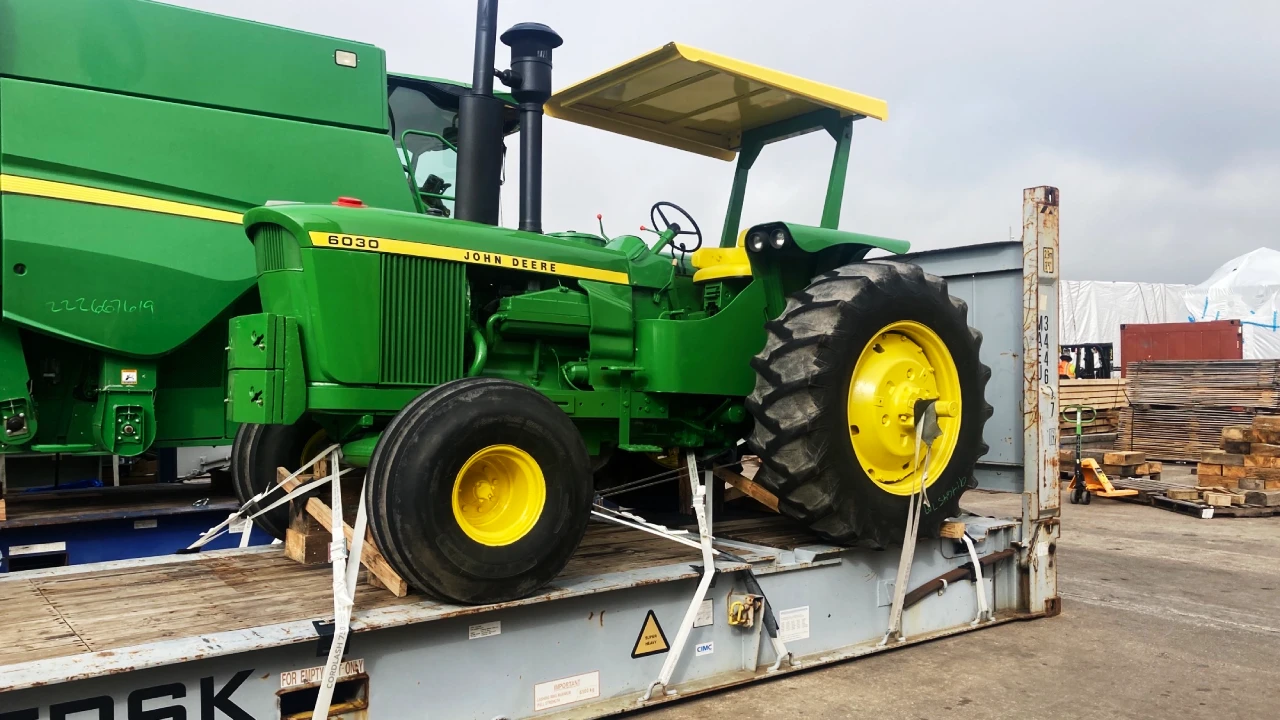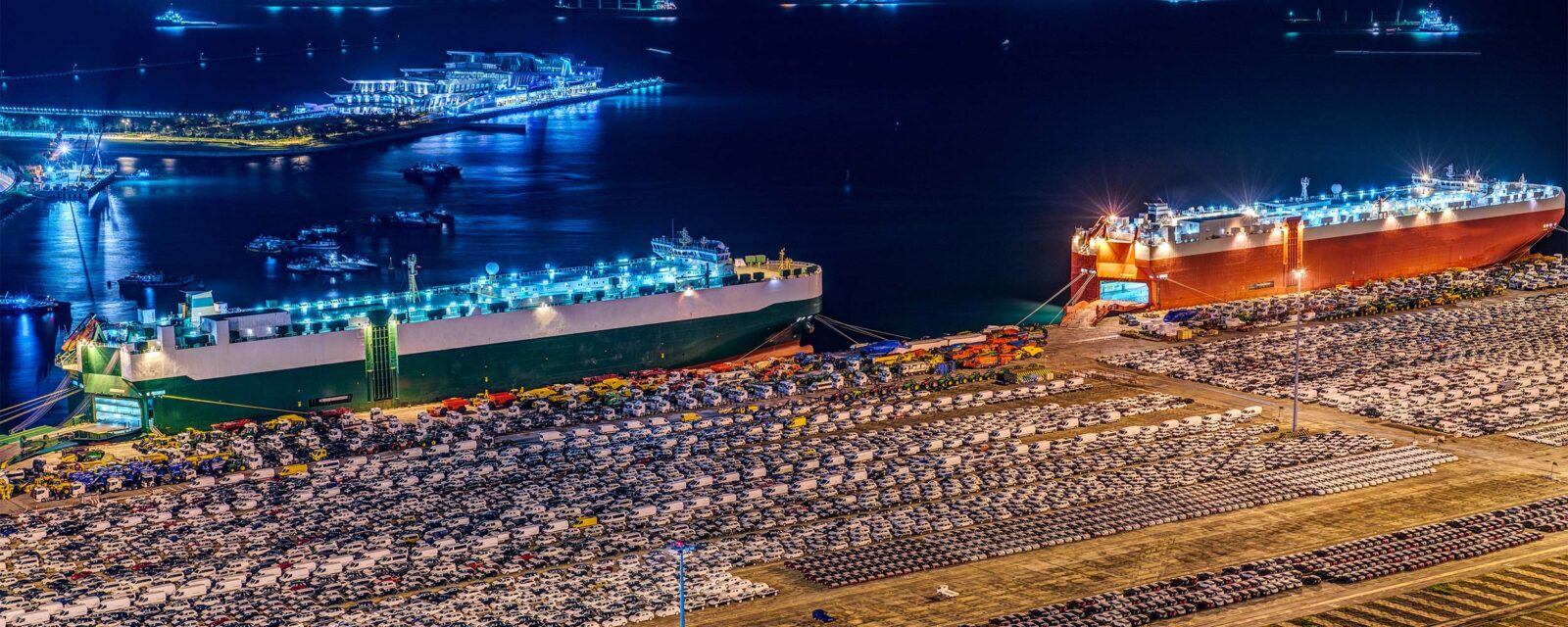
Ro-Ro (Roll-On/Roll-Off) shipping is a popular method of transporting various types of cargo, including self-propelled vehicles, machinery, and non-containerized goods. This comprehensive guide will delve into its concept and history, types of cargo shipped, and ports in the US.
Additionally, it will explore online resources, safety considerations, benefits of such transportation, and the cost factors involved. Whether you’re interested in shipping cars, oversized cargo, boats, or luxury items, this article will provide valuable insights into the world of Ro-Ro shipping.
What is RORO Shipping?
It refers to a method of transportation that involves the movement of wheeled or truck cargo by driving it onto and off a shipping vessel rather than using cranes for lifting. This method is commonly used to transport vehicles such as cars, trucks, trailers, and other self-propelled units.
During shipping, these vehicles are securely fastened to the vessel’s deck to ensure safe transit. The process allows for efficient loading and unloading of cargo, making it a popular choice for transporting wheeled vehicles across different locations.
What Are the Types of Cargo Shipped Using RORO?
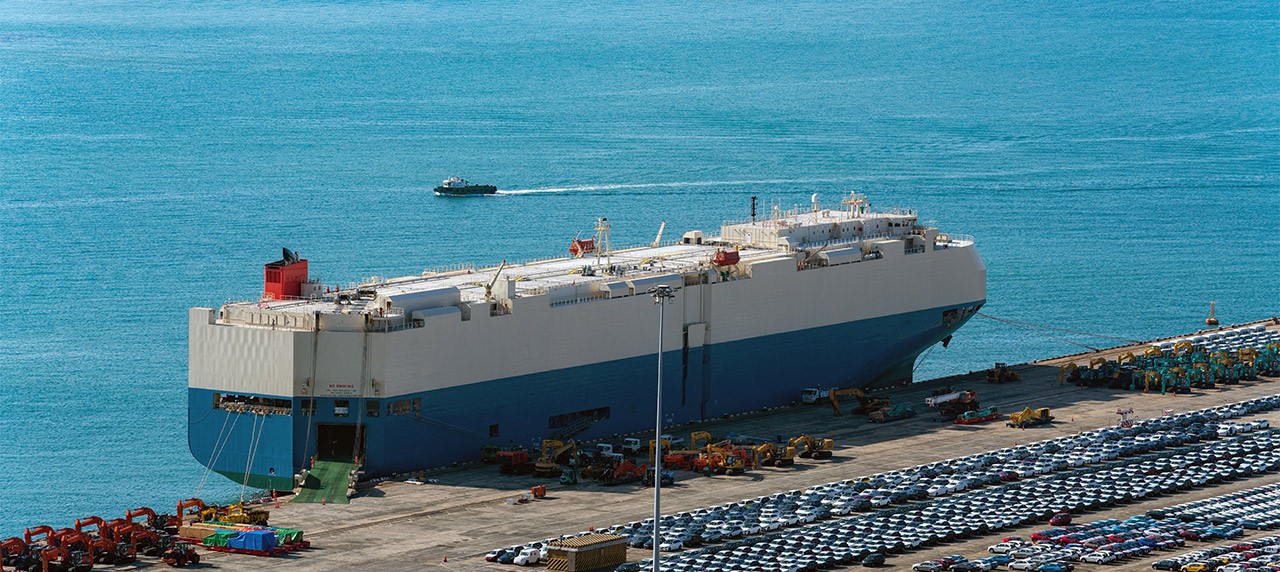
- Self-Propelled Vehicles and Machinery
The first category encompasses self-propelled vehicles and machinery, encompassing everything from sleek cars to robust construction and agriculture equipment. These mighty vehicles confidently drive onto the waiting marine vessel, ready to embark on their seafaring journey. The vessel’s deck becomes a bustling parking lot, securing these automotive wonders for safe passage across the waves. - Towable Unit Goods
The second category involves goods resting on or within a “towable” unit, typically a sturdy semi-trailer. With the assistance of specialized vehicles stationed at the port, these shipments gracefully roll onto the vessel. Expertly secured and fastened, they transform the vessel into a mobile depot, traveling seamlessly toward their destination. - Non-Containerized Large Cargo
The final category comprises non-containerized, sizable, and stationary cargo. This includes various substantial items, such as steel piping, metal coils, generators, transformers, boilers, and tanks. The port employs specialized Mafi trailers to load and transport these bulky goods, also known as “roll trailers.” These trailers position the cargo securely on a reliable platform, ensuring a smooth and stable journey.
Ro-Ro shipping offers a versatile and efficient solution for these three cargo categories, catering to the diverse needs of industries and businesses worldwide.
What is the History of RORO Cargo Transport?
We can trace the history of this transport back to the emergence of steam trains in the 1800s. With the growing popularity of steam engines and the expansion of railway infrastructure worldwide, a need arose for a method to transport locomotive cars across large bodies of water. This posed a significant challenge at the time, as traditional cargo handling methods involved cranes to lift objects onto ships.
However, it was in the 1950s that Ro-Ro transport became a practical solution for the commercial transportation of oversized wheeled vehicles. Specialized vessels and infrastructure development allowed for driving vehicles onto ships, eliminating the need for crane operations. This innovation revolutionized the shipping industry, making transporting wheeled cargo more efficient and cost-effective.
The 1970s marked a turning point for Ro-Ro transport, as there was a remarkable increase in automobile production, imports, and exports. This surge in the automotive industry created a demand for more efficient delivery routes to overseas markets. Roll-On/Roll-Off emerged as a popular choice among businesses and consumers due to its convenience and transportation reliability.
During this period, containerized shipping also experienced significant growth. Containers provided a standardized and secure method of transporting goods internationally. The integration of containerization with Ro-Ro transport further enhanced the efficiency of cargo shipments by allowing for easy intermodal transfers between different modes of transportation.
Benefits of Roll-on/roll-off Transportation
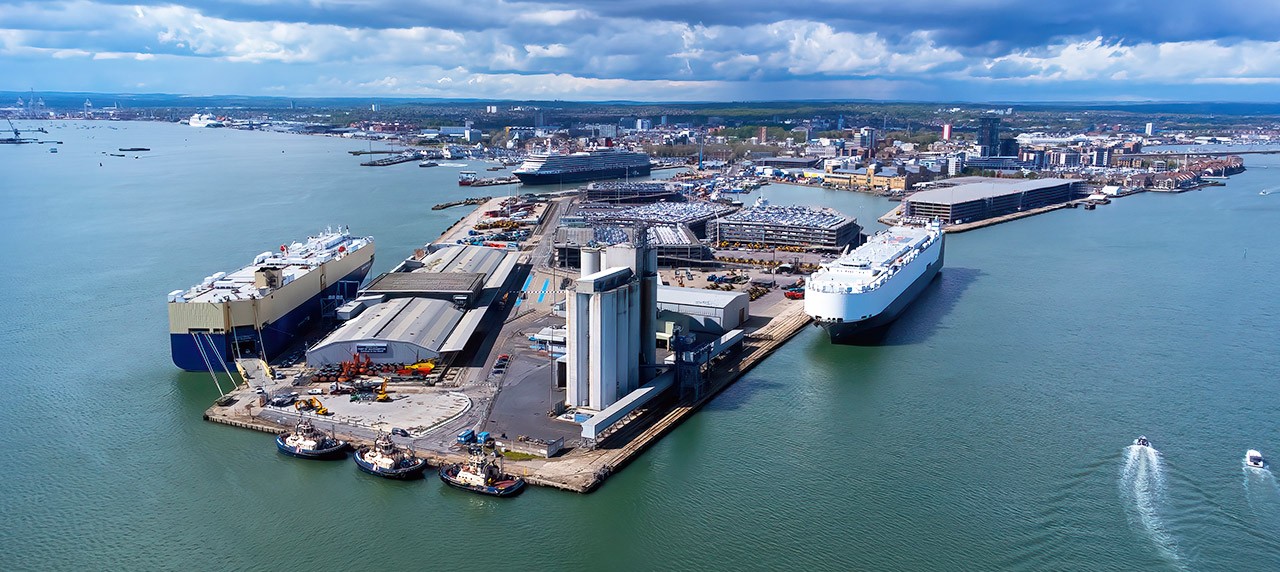
- Enhanced Cargo Safety and Security
RoRo transportation provides a secure method of shipping cargo. Vehicles and goods are carefully loaded and secured on the vessel, minimizing the risk of damage or loss during transit. This ensures that the cargo arrives at its destination in optimal condition. - Reliable Schedule
Services operate on a fixed and predictable schedule, allowing businesses to plan their logistics more efficiently. This reliability enables better coordination of supply chains, reduces delays, and ensures timely delivery of goods. - Cost Efficiency
It often offers cost advantages compared to traditional breakbulk shipping methods. With specialized vessels for efficient loading and unloading, this transportation method can streamline operations and reduce handling costs. These savings can translate into more competitive pricing for customers. - Ease of Loading and Unloading
The roll-on/roll-off process simplifies the loading and unloading of cargo. The process is quick and efficient, with vehicles or towable units driving directly onto the vessel. This saves time and labor compared to other shipping methods that require cranes or extensive handling. - Versatile for Various Cargo Types
RoRo shipping accommodates a wide range of cargo, including vehicles, machinery, and non-containerized goods. Its versatility makes it suitable for automotive, construction, agriculture, and other industries. - Accessibility to Remote Areas
Ease of reaching ports and destinations that may be challenging for other transportation modes. This accessibility expands trade opportunities and facilitates international commerce in remote or underdeveloped regions.
RORO Ports in the US
Several ports in the United States serve as key hubs for RoRo shipping operations. These ports include:
- Baltimore
- Brunswick
- Charleston Jacksonville
- New York, Norfolk
- Galveston, Los Angeles
- Seattle
- Miami
- New Orleans
- Houston
These ports are crucial in facilitating the smooth movement of cargo, connecting various regions, and serving as gateways for international trade and transportation.
Understanding RORO Transportation Costs
Determining the cost involves assessing the cargo’s weight/measure (w/m) and the prevailing oceanic transportation rate. The weight/measure of a product is calculated based on its cubic meter measurements or total weight, whichever is higher.
Shipping companies provide customers with a tailored rate considering the weight measure and the complexity of the shipment. It is crucial to consult a reliable freight forwarder or transportation provider like Atlantic Project Cargo, as costs may vary depending on individual circumstances. The space occupied by the shipment within the vessel ultimately influences the cargo moving rate.
Why Choose Our RORO Shipping Services?
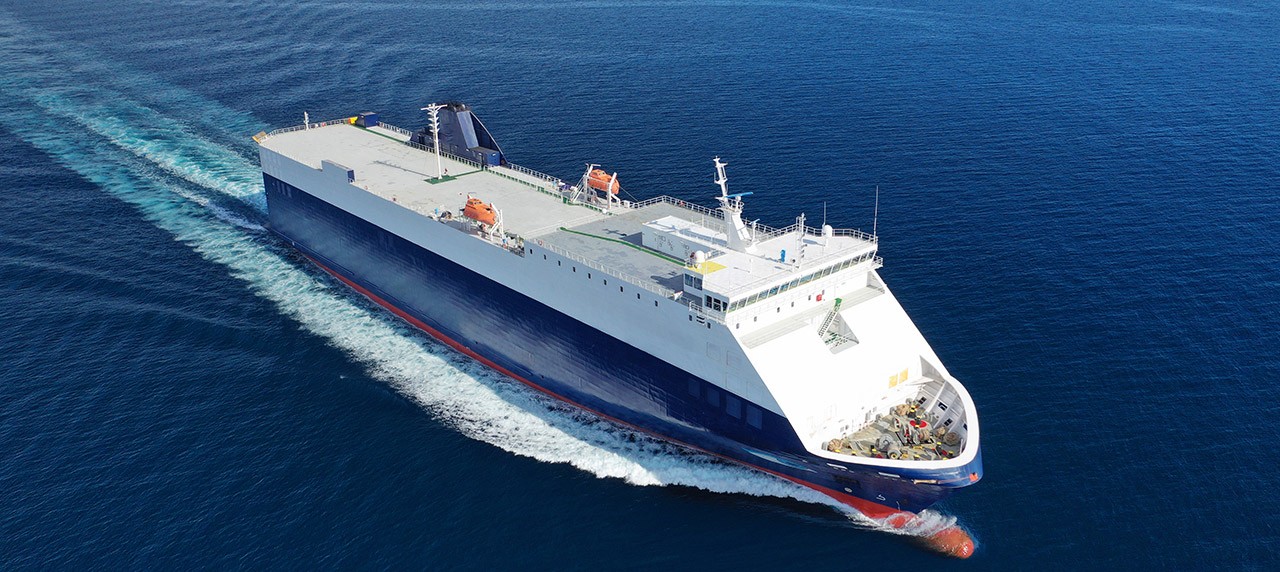
- Comprehensive Port-to-Port Quotation
Receive a detailed and all-inclusive quote covering your cargo’s entire journey from the port of origin to the destination port. Our transparent pricing ensures you have a clear understanding of the costs involved. - Transparent Price Breakdowns
We believe in providing transparent pricing with a breakdown of all charges. This enables you to have complete visibility and control over your shipping expenses. - Origin Port Loading Fees Included
Our services include port loading fees at the origin, saving you the hassle of arranging and managing this process separately. - Export Documentation Fees
We provide the necessary export documentation, ensuring a smooth and efficient shipping experience.
When shipping your car worldwide, booking your cargo shipment through Atlantic Project Cargo is the ultimate choice. We commit to exceptional service and eagerly anticipate assisting you with your upcoming international machinery shipment.
In conclusion, Ro-Ro shipping is a highly efficient and versatile method of transporting various types of cargo, including vehicles, machinery, and non-containerized goods. In the 1950s, the shipping industry revolutionized as it developed specialized vessels to drive wheeled cargo onto ships, dating back to its history. Ro-Ro ports in the US, such as Baltimore, Charleston, and Los Angeles, play a crucial role in facilitating operations.
The benefits of RoRo shipping include enhanced cargo safety, reliable schedules, cost efficiency, ease of loading and unloading, versatility for different cargo types, and accessibility to remote areas. By choosing reliable service providers, customers can enjoy comprehensive quotations, transparent pricing, and efficient handling of export documentation.
Read More
